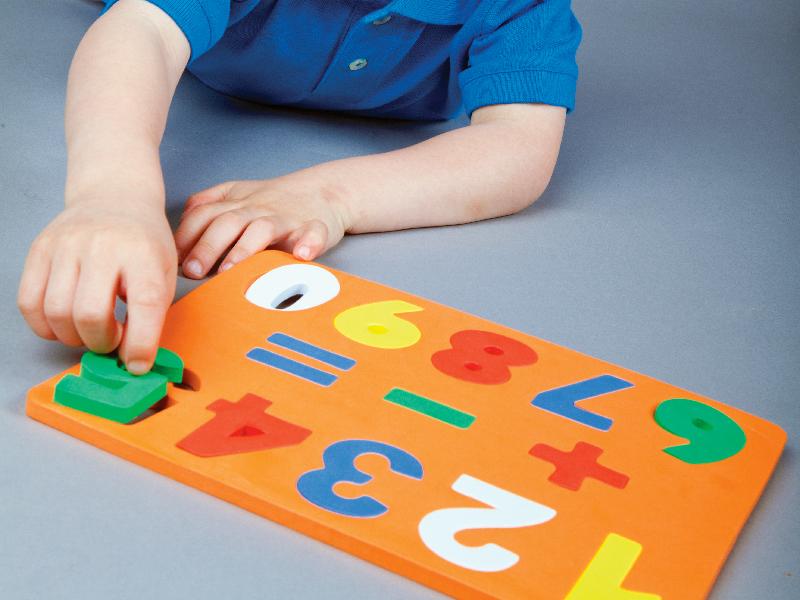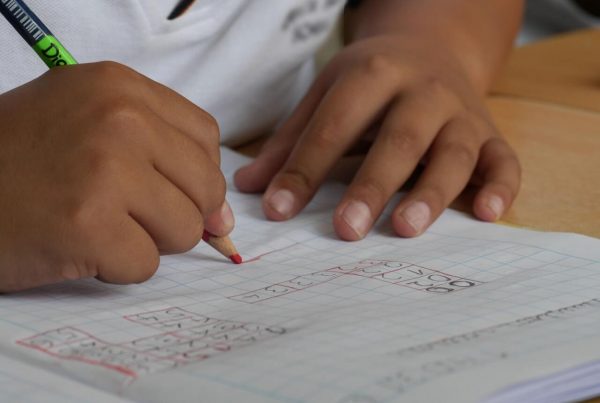
Memory skills are important tools, even in today’s technology-rich world where so much information is available at our fingertips. Educators encourage parents to work with children from an early age to help them develop both short and long-term memory skills. The strategies are not difficult to master; in fact, memory games for kids are fun!
By making learning fun rather than a chore, and by integrating skill-building activities into the fabric of everyday life, parents build a solid foundation for later learning, school success, greater understanding and complex reasoning skills. A good memory allows a child to organize both ideas and activities, process information and follow directions more efficiently. Having proficient memory skills is a priority and one of the primary building blocks for achievement in any academic or professional field.
How to Improve Working Memory
Here are some strategies to develop effective memory skills. Try to incorporate at least one of these into your child’s life daily.
- Game-playing: Memory-building strategies aren’t limited to word games. Card games and board games can be just as effective. Even random activities — a backyard treasure hunt for five items, for instance. Give directions verbally, keep the time short and make it fun. Your child will learn how to stay on task and how to concentrate on a goal while at the same time developing memory skills.
- Sensory Clues: Use color, taste, sounds, visual aids, smells and various textures, and encourage children to describe to you what they experience. You’ll be surprised at their vivid memories.
- Music and Rhyme: You might get tired of hearing the same tune repeatedly or the constant repetition of a nonsense verse. Just know that such things help to establish higher learning skills. Grin and bear it!
- Repetitive Movement: Dance steps, yoga routines, martial arts forms, and sports drills are valuable to help children build long-term memory skills.
- Reading Aloud: Reading is, of course, a valuable way to teach many lessons and is ideally part of parent-child interactions from infancy. Not only does reading aloud by the child help with verbal skills, it also builds long-term memory ability. When parents read aloud, discuss the passages read, and have your child summarize in their own words what a specific paragraph, page or chapter was all about.
- Challenges: Whether writing the letters of the alphabet, completing a crossword puzzle, or solving a problem within a specified period of time, a child will benefit from age-appropriate challenges that build memory skills, knowledge, and confidence. There are dozens of ways to improve memory abilities through activities that make learning seem like a game.
- Mind Maps: Utilize clues and reminders about daily activities, chores, assignments, play time, nap time, meals, and any activity that are part of a child’s life. Children naturally make associations from task to task in daily routines. As long as it’s consistently implemented, the associations will build memory ability.
- Questions: Remember the toddler stage of never-ending “Whys?” Rather than simply repeating the same answers, redirect the questions to the child with “Why do you think…?” In fact, to build memory skills and independence, ask questions that encourage your child to call upon their memories at every opportunity.
While rote memorization or the ability to quickly recall specific facts plays a role in learning, it is the ability to call upon higher memory power and process related information in new ways that strengthens critical thinking and problem-solving skills. By providing fun opportunities for children to engage in tasks, build concentration, and establish memory skills, you’re nurturing their path to becoming independent thinkers. A good memory is a lasting benefit; having a healthy, highly-functioning mind is as important as having a healthy body.



